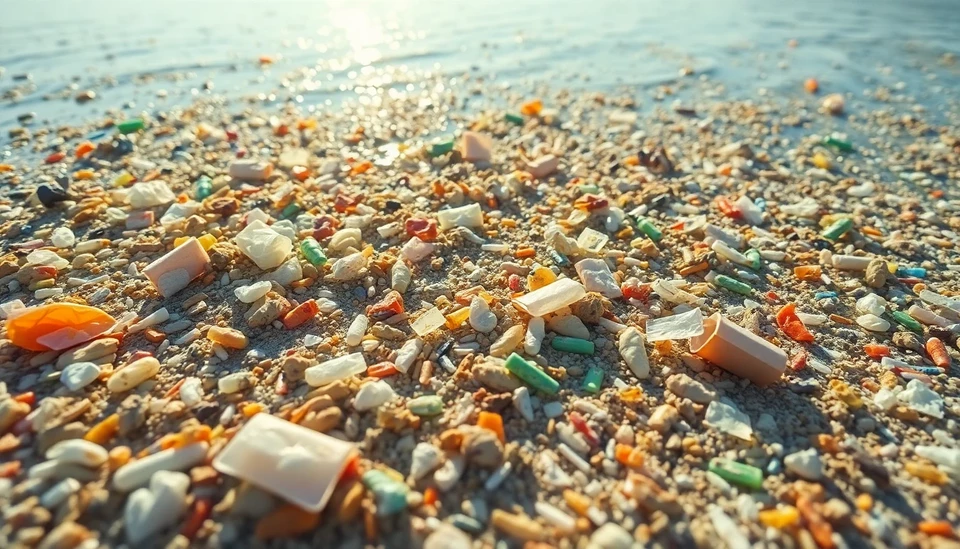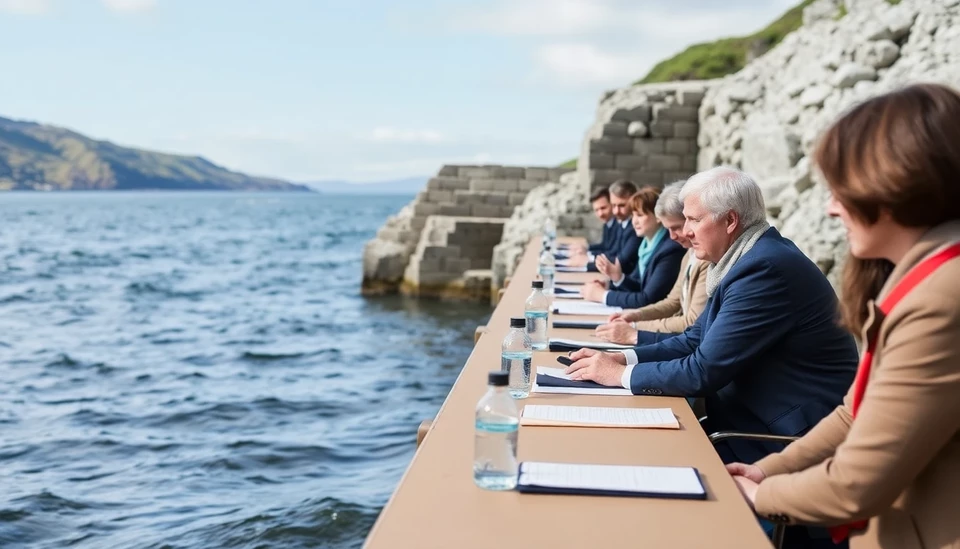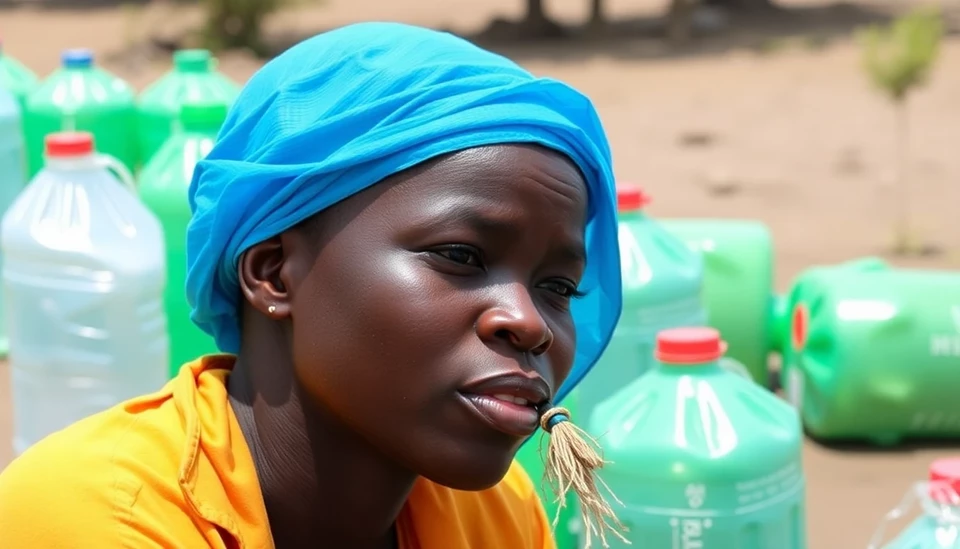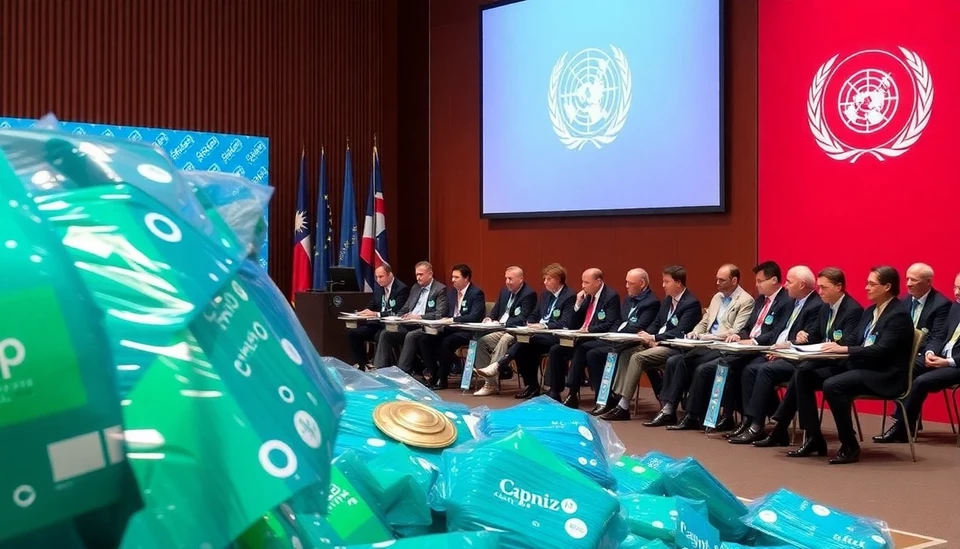
In a groundbreaking development for environmental conservation, new satellite technology is set to aid in the global fight against plastic pollution, particularly on beaches. These advanced satellites will play a crucial role in monitoring and identifying sources of plastic waste that can accumulate on shorelines, helping to implement effective cleanup strategies.
Recent research indicates that millions of tons of plastic enter the ocean each year, leading to devastating consequences for marine life and coastal ecosystems. The introduction of satellite capabilities aims to provide a powerful tool in tracking the movement of plastic debris, thus enabling cleaner beaches and healthier ocean waters.
The satellites, equipped with specialized sensors and imaging technologies, will allow scientists and conservationists to conduct real-time monitoring of plastic concentrations along coastlines. By analyzing this data, communities can pinpoint high-risk areas where plastic accumulates and strategize targeted cleanup efforts.
These satellite-driven initiatives come at a critical time when the world is increasingly aware of the environmental impacts of plastic waste. Coastal regions, often the first line of exposure to marine debris, are particularly vulnerable. The information gathered from satellites will not only assist in cleaning efforts but will also contribute to a broader understanding of how plastics travel and degrade in oceanic environments.
Experts emphasize the importance of collaboration between technology firms, environmental organizations, and governmental agencies to enhance the effectiveness of this satellite project. By joining forces, these groups can maximize data usage to implement preventive measures and advocate for policies aimed at reducing plastic production and waste.
Moreover, this initiative represents a promising step forward in the realm of sustainable development. As the world grapples with extensive pollution challenges, the combination of space technology with grassroots efforts could serve as a model for future environmental interventions.
This innovative use of satellites underscores a shifting paradigm in how we approach ecological issues. By harnessing advanced technology, there is potential not just to observe the state of our ecosystems but to actively participate in their restoration.
In summary, the introduction of satellites into the endeavor to clean up beach plastic pollution marks a significant evolution in conservation strategies. With ongoing advancements and collaboration, there is hope for a cleaner, safer environment for future generations.
#PlasticPollution #SatelliteTechnology #OceanConservation #BeachCleanup #EnvironmentalInnovation
Author: Megan Clarke




